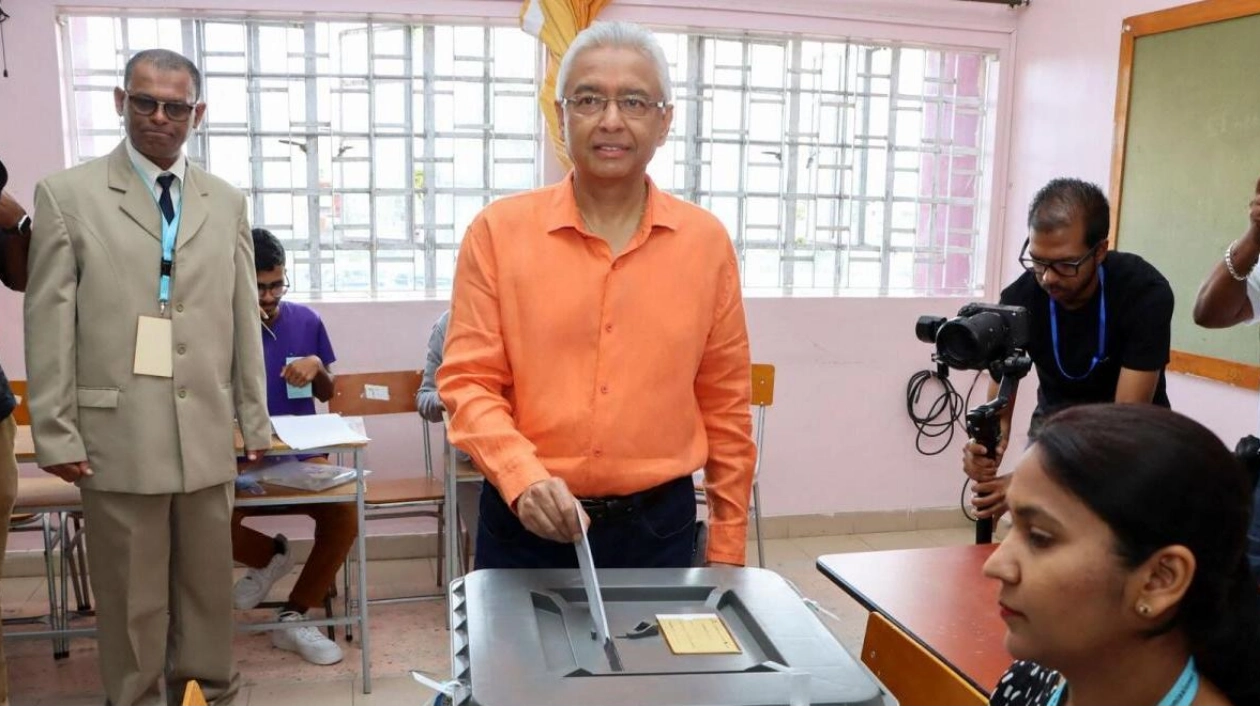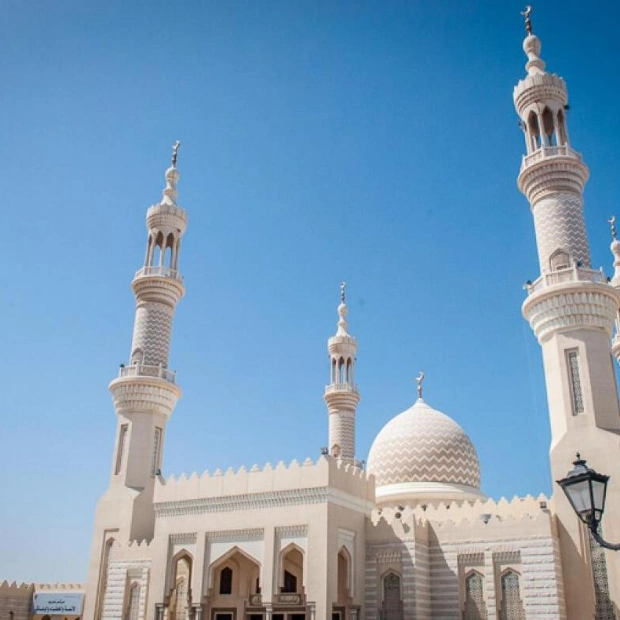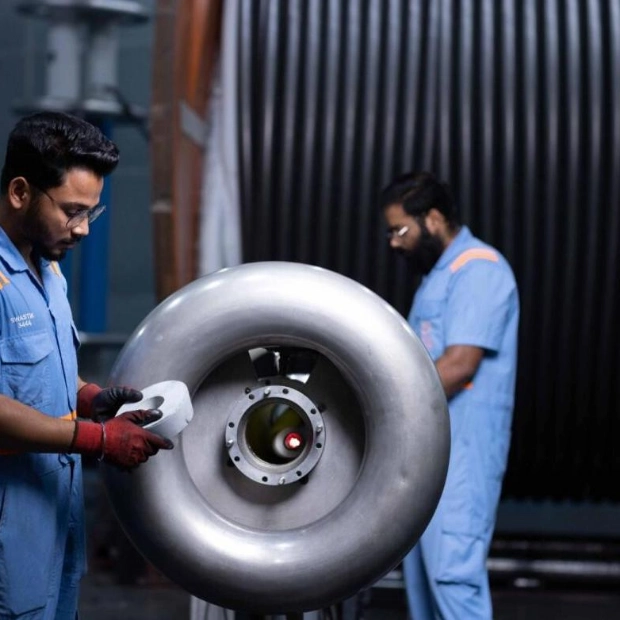Mauritius held a parliamentary election on Sunday, with Prime Minister Pravind Kumar Jugnauth and his main rivals all vowing to address the cost of living crisis in the Indian Ocean archipelago. The country, home to about 1.3 million people, positions itself as a bridge between Africa and Asia, earning most of its income from a thriving offshore financial sector, tourism, and textiles. Mauritius also receives aid from China. The nation has projected 6.5% economic growth this year, down from 7.0% last year, but many citizens are not experiencing the benefits.
Jugnauth's Alliance Lepep coalition has pledged to boost minimum wages, increase pensions, and reduce value-added tax on certain essential goods. The coalition plans to utilize payments from the UK under an October agreement for Britain to cede the Chagos Islands while retaining the US-UK Diego Garcia air base. "The alliance led by the prime minister is promoting economic prosperity, with promises of more funds for various segments of the population," stated political analyst Subash Gobine.
The opposition, led by the Alliance du Changement coalition and Navin Ramgoolam, along with two other parties in the Linion Reform alliance, has also promised to enhance pensions, introduce free transport and internet services, and lower fuel prices. The leaders of the Linion Reform alliance, Nando Bodha and Roshi Bhadain, plan to alternate as prime minister if they win.
Voting is set to conclude at 1400 GMT in the election to select lawmakers for the 62 seats in parliament for the next five years, from a list of 68 parties and five political alliances. Results are anticipated on Monday. Music instructor Ivan Mootooveeren, 41, who voted at a polling center in the capital, Port Louis, told Reuters he was voting for the opposition because the country needed a new direction. Another voter, David Stafford, 36, noted that young people would be pivotal in the election, emphasizing the need for economic innovation and job opportunities alongside fiscal changes.
Whichever party or coalition secures more than half the seats in parliament will also win the prime minister's post. Earlier this month, Jugnauth's government blocked social media platforms until a day after the election, citing national security concerns following leaks of conversations between public figures. The ban was lifted a day later after opposition parties criticized the move.
Source link: https://www.khaleejtimes.com






